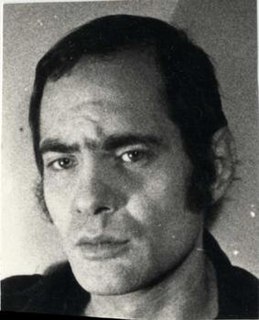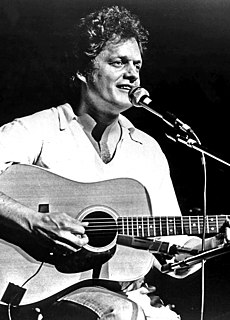A Quote by William Godwin
I shall attempt to prove two things: first, that the actions and dispositions of mankind are the offspring of circumstances and events, and not of any original determination that they bring into the world; and, secondly, that the great stream of our voluntary actions essentially depends, not upon the direct and immediate impulses of sense, but upon the decisions of the understanding.
Related Quotes
One of the things that has really hit home for me is that the world is how we decide it is going to be. Very few things just happen. They grow out of history, and they grow out of the present, and the more we can get a sense of how our actions lead into other actions in the future, hopefully we'll learn to make better decisions.
The only things in which we can be said to have any property are our actions. Our thoughts may be bad, yet produce no poison; they may be good, yet produce no fruit. Our riches may be taken away by misfortune, our reputation by malice, our spirits by calamity, our health by disease, our friends by death. But our actions must follow us beyond the grave; with respect to them alone, we cannot say that we shall carry nothing with us when we die, neither that we shall go naked out of the world.
The quality of everything we do: our physical actions, our verbal actions, and even our mental actions, depends on our motivation. That's why it's important for us to examine our motivation in our day to day life. If we cultivate respect for others and our motivation is sincere, if we develop a genuine concern for others’ well-being, then all our actions will be positive.
In one important sense, Marxism is a religion. To the believer it presents, first, a system of ultimate ends that embody the meaning of life and are absolute standards by which to judge events and actions; and, secondly, a guide to those ends which implies a plan of salvation and the indication of the evil from which mankind, or a chosen section of mankind, is to be saved.
Actions seems to follow feeling, but really actions and feeling go together; and by regulating the action, which is under the more direct control of the will, we can indirectly regulate the feeling, which is not. Thus the sovereign voluntary path to cheerfulness, if our cheerfulness be lost, is to sit up cheerfully and to act and speak as if cheerfulness were already there.
The ends do not justify the means. If our actions will bring harm to others, even in the service of some 'good,' they are almost certainly deluded. If our actions do not come from a kind heart, from loving courage and compassion, they are deluded. If they are based on a distinction between 'us' and 'them,' they stem from delusion. Only to the extent that we act from the wisdom of no separation, understanding how we are woven together, will our intention bring benefit.
The calamities of tragedy do not simply happen, nor are they sent; they proceed mainly from actions, and those the actions of men.We see a number of human beings placed in certain circumstances; and we see, arising from the co-operation of their characters in these circumstances, certain actions. These actions beget others, and these others beget others again, until this series of inter-connected deeds leads by an apparently inevitable sequence to a catastrophe.






































